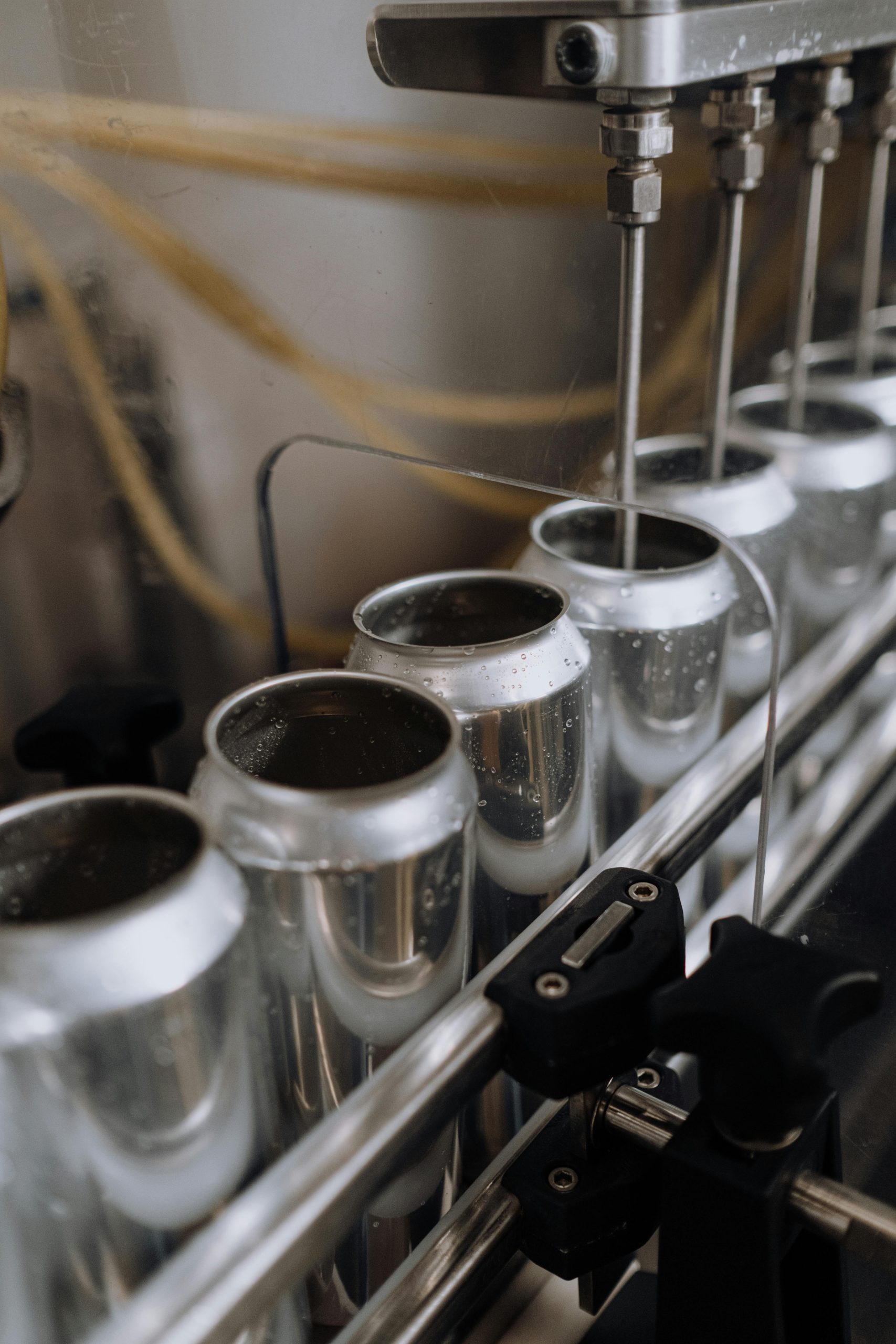Your cart is currently empty!

Steven Coulson
Steven has been drinking beers, wines and spirits for decades and has a propensity to go about them at length after a few drinks.
Latest Posts
- My wife found out our favorite Gin for martinis was discontinued. I think we are good for a while…

- Oregon Road Trip: Freeland Spirits Garden Botanicals Gin

- Botanist with Trader Joe’s Lemon and Elderflower Soda

- I’m one of the worlds leading buyers of craft gin in the world and a international spirit judge AMA

- I’m blown away…. By how let down I am by this Gin.

Categories
Tags
Social Links

Is Non-Alcoholic Beer Truly Harmful? Debunking Common Myths
In recent years, the popularity of non-alcoholic beers has surged, attracting individuals who enjoy the taste of beer without the effects of alcohol. As someone who abstains from alcohol but has developed a newfound appreciation for the flavor of non-alcoholic brews, I can’t help but wonder about the health implications of these beverages.
A common statement often encountered is, “Any amount of alcohol is harmful to your body.” With non-alcoholic beers containing a minimal alcohol content—typically less than 0.5%—does this mean they are still potentially harmful?
This question raises an interesting debate: Is the mantra that any alcohol is detrimental to health a bit extreme? Or could it be that non-alcoholic beer isn’t quite the health-conscious choice that some proponents claim it to be?
When examining this topic, it is crucial to consider the context in which alcohol is discussed. While heavy and regular consumption of alcoholic beverages is undeniably linked to a variety of health issues, the trace amounts found in non-alcoholic options may not carry the same risks. Moreover, individuals enjoy these drinks largely for their taste, rather than the intoxicating effects associated with traditional beers.
So, what is the consensus surrounding non-alcoholic beers? Many health experts suggest that for those looking to avoid the negative consequences of alcohol, non-alcoholic beer can be a suitable compromise. However, it is essential to approach these beverages with a balanced perspective, understanding that they might not offer the same health benefits as completely alcohol-free options.
In conclusion, while the statement that “any amount of alcohol is harmful” might hold some truth in certain contexts, it is worth examining the implications of such a broad claim. Non-alcoholic beer, enjoyed in moderation, can certainly fit into a healthier lifestyle. As consumers, we should strive to stay informed and make choices that align with our health goals. What are your thoughts on non-alcoholic beverages? Share your insights in the comments below!
